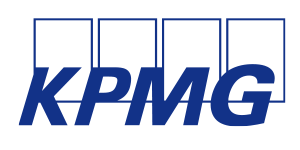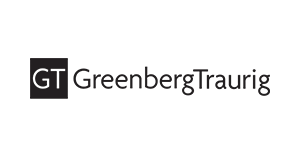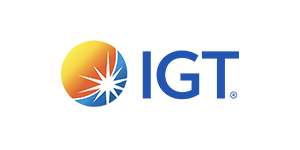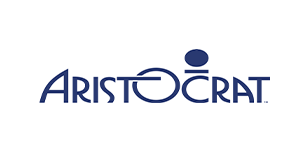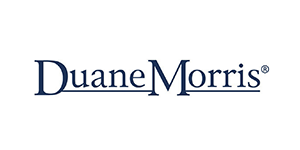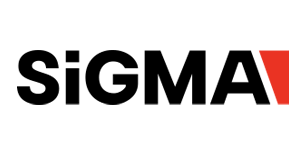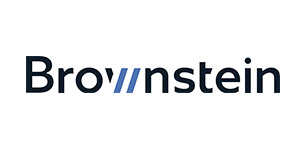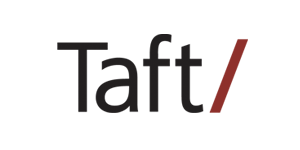- Home
- About IAGA
- Events
- Membership
- Sponsorship
|
Cambodia - Law on the Management of Integrated Resorts and Commercial Gambling On July 3, the Council of Ministers of the Royal Government of Cambodia passed long-awaited legislation governing its gaming industry. The draft bill – named Law on the Management of Integrated Resorts and Commercial Gambling (LMCG) – is now pending for approval by the National Assembly and the Senate.
On the making for almost nine years, the timing of the LMCG’s approval could hardly have been less auspicious… With the global gaming industry coming to a halt, investments in new or emerging markets, most notoriously in Japan, are being reconsidered. Against this background, it is hard to imagine that the LMCG could start paving the way to attract the international gaming operators the Kingdom is keen to welcoming.
We do, however, live in interesting times… The introduction of travel restrictions has further politicized the cross-border movements of people. Benefiting from strong political relations with China, the Kingdom could be well placed to welcome outbound tourism from the world’s largest market, as soon as public health normalizes.
If played right, the LMCG could in fact play a role. Admittedly designed to foster economic growth, tourism promotion and job creation, the LMCG stands as an investor-friendly legislation, at least when compared to other regulatory frameworks in the region. Below we take a look at its most relevant features.
Governing Scope – the LMCG applies to the management and operation of integrated-resorts, land-based casinos, online gaming and other forms of wagering, pursued with commercial purposes within the territory of the Kingdom of Cambodia. Although online gaming and sports betting fall within the LMCG’s purview, the specifics of their licensing and operations are left for subsequent regulation.
Zoning – one of the most interesting features of the LMCG is the fact that it divides the Kingdom into three gaming zones: (1) a prohibited zone; (2) a promoted zone; and a (3) favored zone. All areas that are not qualified as promoted or favored are, by default, prohibited zones. In such areas, the operation of gaming is not allowed under any circumstances or form. In a predominantly Buddhist country, the creation of gaming-free areas is particularly important to safeguard respect for sacred sites, the most notorious of which is Angkor Wat, in the province of Siem Reap.
The promoted zones are located in the coastal provinces of Sihanouk and Koh Kong and include its adjacent islands. These are the only areas where new integrated resorts may be developed under the Gaming Law.
Licensing – the LMCG sets out a dual license structure which allows the separation of the development and ownership of the property from the operation of its casino. A successful applicant will enter into an IR development agreement with the RGC. The maximum number of IRs and the minimum investment obligations will be determined by the RGC. A casino license may be issued for a period of no more than 5 years (in a favored zone) or 20 years (in a promoted zone).
Regulator – the LMCG establishes the Integrated Resort Management and Commercial Gambling Committee (“GMC”). The GMC is the government body responsible for defining gaming policy, issue regulations, approve games, collect gaming revenue, issue licenses and generally supervise and enforce gaming laws and regulations. With its over-arching powers and all its seven members being ministry appointees, it is hard to describe the GMC as an independent regulator with western-style checks and balances.
Gaming Promotion – junkets will be allowed to operate in Cambodia, subject to incorporating a local entity and registering with the GMC. As in Macau, licenses will be valid for one year. The extension of credit for gaming will be permitted for foreigners not residing in the Kingdom. In a regional context, where junket regulations are becoming increasingly stringent, a more relaxed licensing environment may help Cambodia boost its VIP business on the short term.
Participation – The LMCG will not allow Cambodian nationals to participate in gaming or to enter casinos. While this restriction may deter some potential investors from entering the market, it is no different from what already exists today. Moreover, with a per capita GDP at approximately USD1,500 per year, it is doubtful that any significant investment would base its strategy in attracting local participants.
Tax – Casino operators will pay taxes over GGR. Although the rate has not yet been officially revealed, recent reports place it at 7% for operators grand-fathered by the LMCG, while new integrated resorts will have a split rate of 7% for mass-market and 4% for the VIP segment. If confirmed, Cambodia will be, one of the most-competitive regulated markets in Asia from a tax standpoint.
|

